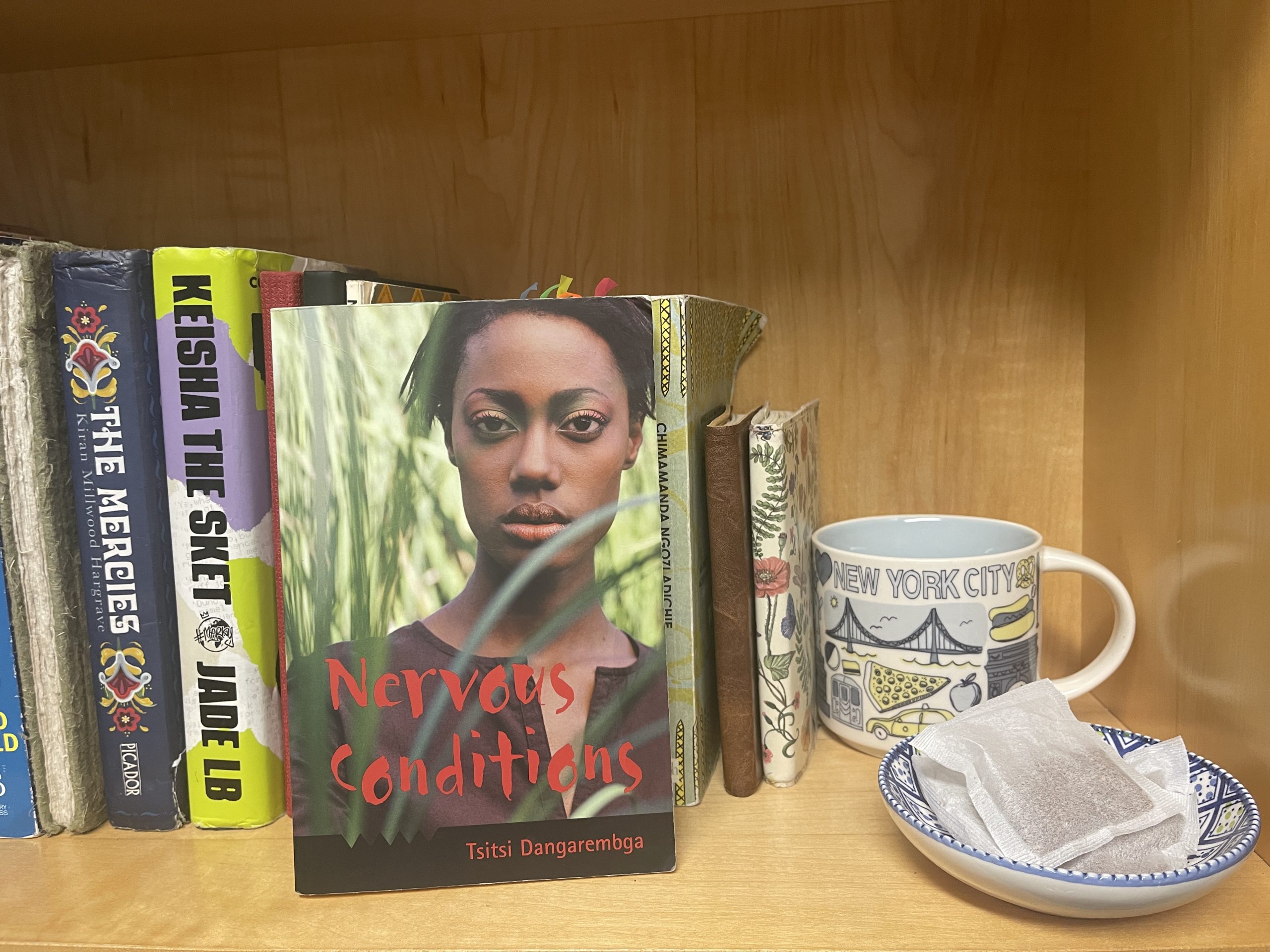I’m currently 104 pages into “Nervous Conditions” by Tsitsi Dangarembga 40 of which I have read in the past hour. I’m so chuffed. It’s probably my biggest achievement right now but I know a younger me is looking down on me ashamed and disgusted because even with a dodgy torch and poor eyesight she read at the speed of light at the ungodliest of hours.
Dangarembga’s writing is certainly NOT the problem, I am. Earlier this year I had intended to start a journey through African Literature. I have read all but one of Chimamanda Ngozi Adichie’s novels and I thoroughly enjoyed each and every one of them and while nothing can compare to a first read, I will definitely be revisiting them, a little older and with a greater appreciation of Africa and it’s stories. Outside of this and the most sublime breadcrumbs of by both my ‘O’ Level and ‘A’ Level Literature Syllabi, I actually haven’t read any other African titles, despite them being ‘International’ exams.


After completing my secondary education in Zimbabwe, my biggest takeaway has to be my identity as an African woman. The role I play in the household, family, and my community. I’ve also learnt more about the role my family plays within me and generations to come. I have learnt a lot, but not everything, about culture and tradition and seen its great value in a world so perplexed and puzzled by the simple question of identity. From passports to cosmetics to accolades to kinks and family trees that could give genealogical lists in the Bible a run for their money, we have made identity so so complex for reasons I don’t know. I have realised that my identity isn’t something that changes with the wind. The importance of the simplicity of identity is that it makes interpersonal relationships easier. It breaks barriers and boundaries which are created as frequently as new forms of ‘identification’ created.

I’m currently seeing a lot of myself in Dangarembga’s protagonist Tambudzai. While my ‘main character syndrome’ may play a big part in this, my identity as a black female allows me to get closer to her thus making the book more enjoyable due to it’s relatability. I’m not (SPOILER ALERT) saying that I’ve ever had to grow maize and fight to get an education, but that situation in itself speaks loud and clear to other struggles I’ve had to face and will face due to the mere fact that I’m black and female. It makes me want to give Nyasha and Maiguru a hug and tell them that they’re seen, loved and valued. It makes me want to protect Netsai from the rude awakening she’s about to face as all household responsibilities fall onto her.

I’ve gone through the motions reading Shakespeare, Austen and Dickens, don’t get me wrong, but there’s something more moving about reading a book that literally hits home several times through the words, actions, emotions, and conflicts that appear in the genre of African Literature.

Leave a Reply to Rosemary Mawoyo Cancel reply